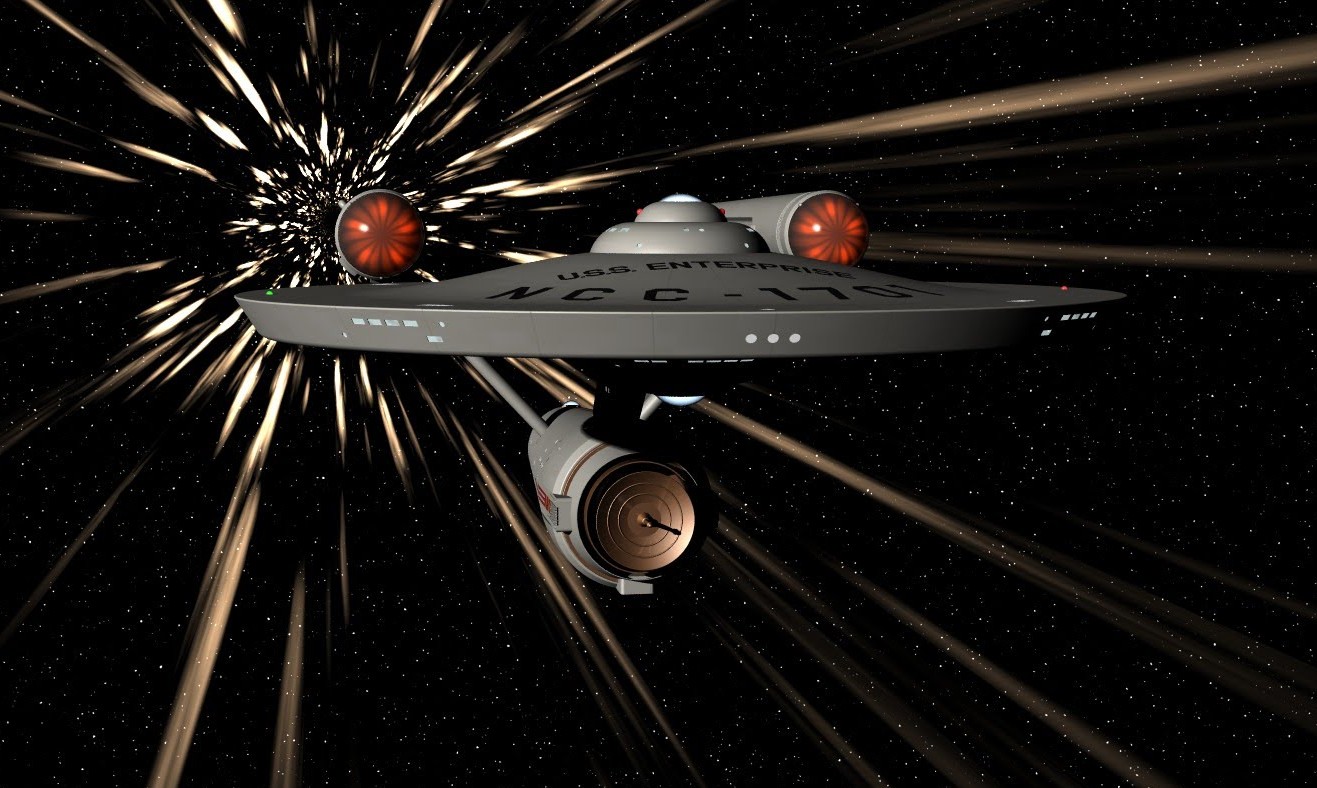[dropcap size=small]T[/dropcap]ravelling through time by orbiting a black hole as discussed by me in the previous article “Black Hole – A key into hole Travel Travel” may not seem feasible as black holes are very long way away and we don’t know much about them yet. Time travelling will never be a walk in the park but surprisingly, walking too fast can do the trick but you have to be very fast; much faster than the speed required to orbit the black hole.
Universe is full of strange things. One strange thing out of all is that there is a cosmic speed limit to everything i.e. about 29,979,248 meter per second which is the exact speed of light. Nothing can go faster beyond this speed limit.
[highlight color=#FF4444 ]Einstein’s theory of General Relativity says that the faster you will move, slower the time runs for you.[/highlight] At first, this might sound a bit weird but this is one of the best established principles of Physics. To understand this concept, let’s dream up a Sci-Fi train that could travel at the speed of light. Imagine a child running forward in that train when the train is moving at this speed. The forward speed of the child gets added to the speed of train. So couldn’t she break the speed limit? The answer is no. The laws of nature prevent this possibility by slowing down time in the train. Now the child can’t run fast enough to break the limit. From that fact comes the possibility of travelling to the future.
Building a train that can travel at such speeds is quite impossible but we have something very like the train. The world’s largest particle accelerator, Large Hadron Collider(LHC) beneath the Franco-Swiss border near Geneva, Switzerland lies in a circular tunnel 27 km in circumference and 175 m beneath the ground.
When the accelerator is turned on, the streams of tiny particle accelerate at the speeds of about 60,000 miles per hour in fraction of a second. They go faster as the power is increased until they circulate the tunnel 11,000 times a second, which is almost the speed of light. When that happens, these particles do travel in time. We know this because of extremely short-lived particles called pi-mesons. These particles last only for one-billionth of a second but when they are accelerated to nearly the speed of light, they last 30 times longer. The only way we can travel into time is by going very fast and the only place where we can do that is, space. A spaceship travelling nearly to the speed of light will serve as one way ticket to the future for the passengers on board.
Unfortunately, the power required to accelerate a spaceship gets greater and greater, the nearer it gets to the speed of light. [highlight color=#FF4444 ]So, it would take an infinite amount of power, to accelerate past the speed of light.[/highlight]
